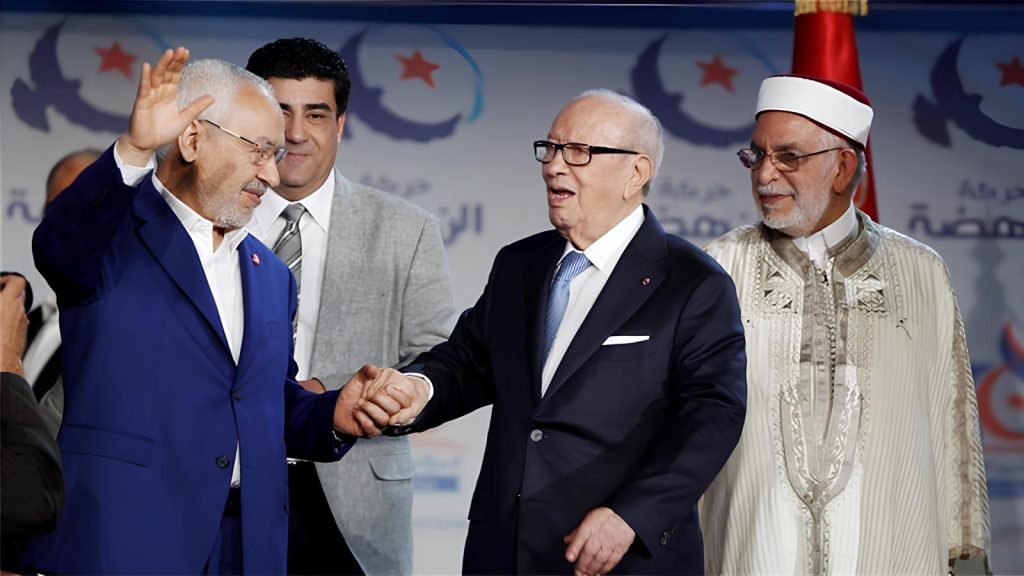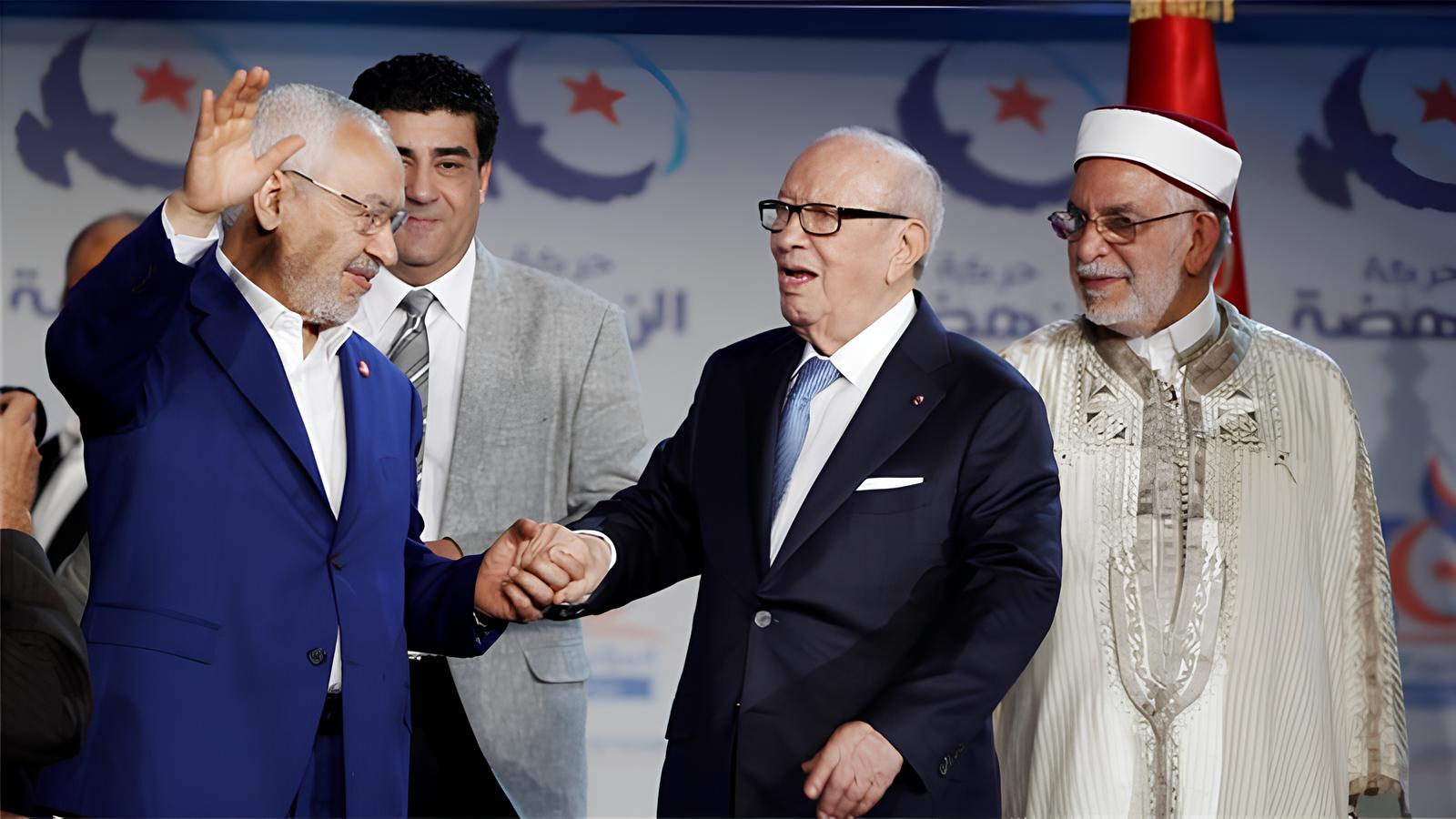








The political pressure on the Ennahda Movement and its leader Rashid Ghannouchi in Tunisia and its consequences have a profound impact on the political and economic future of the country.


Welcome back to Africa Brief, where we take a deep dive into the political turmoil in Tunisia, examining the intense crackdown on the Nahda Movement and its implications. We’ll explore the arrest of Rashid Ghannouchi, the suspension of parliament by President Qais Said, and the ripple effects on Tunisia’s democracy, economy, and its pivotal position in the North African and MENA regions. This episode unpacks the challenges facing Tunisia’s path to justice and the international concern over its democratic backslide.
The NAHDA Movement, founded under the leadership of Rashid Ghannouchi, is known as an important political structure in North Africa, especially in Tunisia, with a history of nearly half a century. The main basis of the organization is based on ensuring Arab unity and the freedom of Palestine. The movement, which also focuses on various environmental and legal issues, is also known as a national political party. However, with the presidency of Qais Said, known as the Tunisian Constitutional Lawyer in 2019, he began to exert political pressure against the NAHDA Movement and Ghannouchi, the leader of the movement. With the Arab Spring process, the Nahda Movement led by Ghannouchi was able to enter parliament and gain political rights.
However, in 2021, Qais Said increased his political pressure and suspended the parliament, which was accompanied by political bans. Since then, it has been seen that the law has been violated in the parliament. Thus, the immunity of the deputies was also lifted. For this reason, Rashid Ghannouchi was removed from the post of parliamentary speaker and detained. Immediately afterward, investigations against other party members of Nahda came along. All these processes show that they bear traces of Tunisian politics before the Arab Spring. It is seen that the Nahda movement, which has become the symbol of law, freedom, and justice, has once again been struck.
Nahda, which has experienced many negative processes since its establishment, has now been labeled as a terrorist. The then President of the Republic, Qais Said, stated that the arrest of Ghannouchi and the closure of the Nahda party were in accordance with the constitution. However, this whole process is not included in any article of the constitution. Tunisia is gradually moving away from law and justice. In addition, these unfavourable processes will of course cause negative damage to both North Africa and the MENA region.
Especially Tunisia, which has the 5th economy of Africa in economic terms, continues to damage its economic development after the political regression. Moreover, the strategic position of Tunisia, which is a bridge between Europe and the Arab world, should not be ignored. Especially being an important transit country from Europe to Africa is an indispensable feature of Tunisia. However, all the negativities mentioned at the beginning will continue to harm Tunisia in every way.
Finally, apart from Rashid Ghannouchi, who is still in detention, the detention of many politicians and politicians continues. After the arrests last February, many politicians, especially Ghannouchi, went on hunger strike. Although this action, which was initiated by condemning Tunisia’s becoming lawless, continued for a while, it was reflected in the public opinion that no positive result was obtained. With this result, Rashid Ghannouchi’s health started to be in danger. Therefore, he had to end this action initiated for justice and law with the advice of a doctor.
Although Ghannouchi, whose political life has had ups and downs, seems to be insistent on establishing a just order and preparing a legal basis in Tunisia, it seems that it will take many more years to achieve the desired success. The unrecognizability of law and justice in Tunisia, an important country in North Africa, may be a reality that is likely to harm the whole region. As a matter of fact, the closest example to this situation is the Arab Spring process that started in Tunisia in 2013. This negative political embargo should be replaced by political freedoms as soon as possible. Otherwise, it will start to drag Tunisia towards an inextricable process. This process may, of course, shake the country economically and cause a civil war between the people and the government.
Written By: GABRIEL RAMIREZ
Written By: DILARA SAHIN
Written By: DILRUBA YILMAZ
Written By: NILAY CELIK
Written By: ELDANIZ GUSSEINOV
Written By: JOSEF SCHOEFL
Written By: SELCAN BEDIRHANOGLU
Written By: FATIH CEYLAN
FA’s flagship evening newsletter guilding you through the most important world streis ofthe day. Delivered weekdays.
